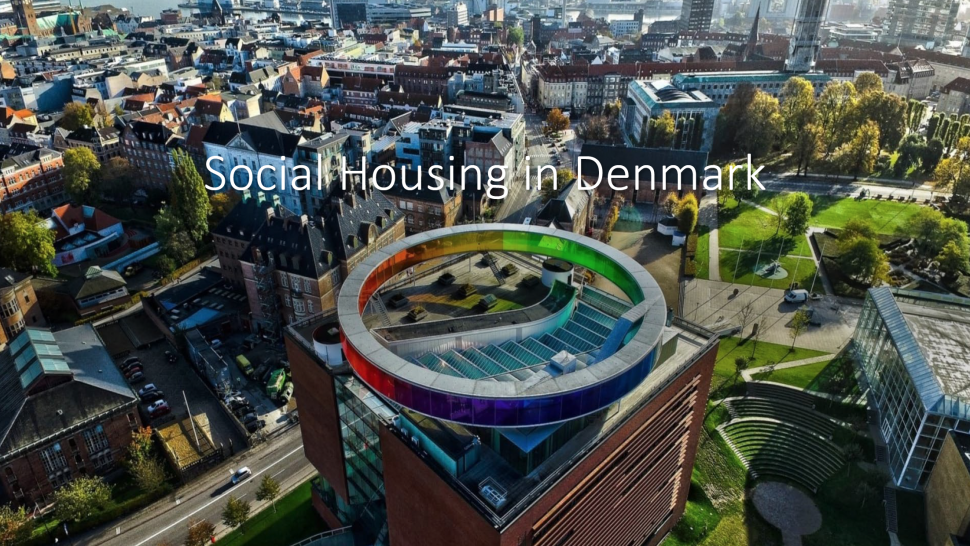
Humber College students were able to gain a global perspective by connecting with peers at post-secondary institutions abroad through a pair of virtual exchanges.
Kerry Johnston is a professor and program coordinator for Humber's Sustainable Energy and Building Technology program and Rossie Kadiyska is a program coordination and professor with the Fashion Management Graduate Certificate program.
The two organized a pair of collaborative online international learning (COIL) opportunities for students. COIL is a virtual exchange that connects students with peers around the world through an experiential learning project or module co-created by Humber faculty and staff at partner institutions.
Kadiyska’s students collaborated with their peers in the Masters of Luxury Fashion Brand Management program at Nottingham Trent University in the United Kingdom to come up with a new strategy incorporating fashion and technology for the Commonwealth Fashion Council. In total, more than 150 students from the two schools worked on the project. Students were trained on fashion business models, systems thinking and fashion tech recent advancements.
The winning teams, which included four Humber students, received internships with the Fashion Council. The internships will be online and will task the interns with developing social media strategies and implementing their suggestions.
Through COIL, students were provided with Humber intercultural training. The project was a growth exercise in developing collaborative skills in settings without borders. Kadiyska added that projects such as these show the students how interconnected the world is and the importance of developing a global perspective. That doesn’t always happen without projects such as this, she said.
Johnston, meanwhile, said his students had three sessions with partner institutions VIA University College in Denmark, Howest University of Applied Sciences in Belgium and Avans University of Applied Sciences in the Netherlands. The project was integrated into the SNRG 352: Sustainable Communities course.
Three SNRG 352 student groups created presentations on sustainable social housing and then collaborated to share their key findings with the wider group. The other institutions also presented their collaborative presentations.
Following that, the students were assigned five topics to consider ahead of the final sessions based on the discussion that arose following the presentations. The topics included how to make a community, what are common future needs for people living in social housing and how to make sustainable social housing affordable, among others. The groups were each given one of the themes to discuss.
Connecting and learning with their European peers is beneficial for the students as there’s quite a contrast between their lifestyle and that of Canada especially from a sustainability perspective, said Johnston.
“We’ve developed our society in a world where we seemingly have unlimited fossil fuels, land and water. So, we have a very resource-intensive lifestyle but we can contrast that with Europe and how it has a much closer concentration of people and much less reliance on single-vehicle transportation,” said Johnston.
He noted many students have long commutes to attend school due to our society’s dependence on cars. In Europe, that isn’t the case thanks to a robust public transit system and higher population density. The students getting to learn about those differences was important as they work towards their future careers.
To help the students bond over the cultural exchange, they even had a chance to enjoy some traditional Danish fare by making a Smorrebrod online together while other groups tried Canadian, Belgian and Dutch recipes.